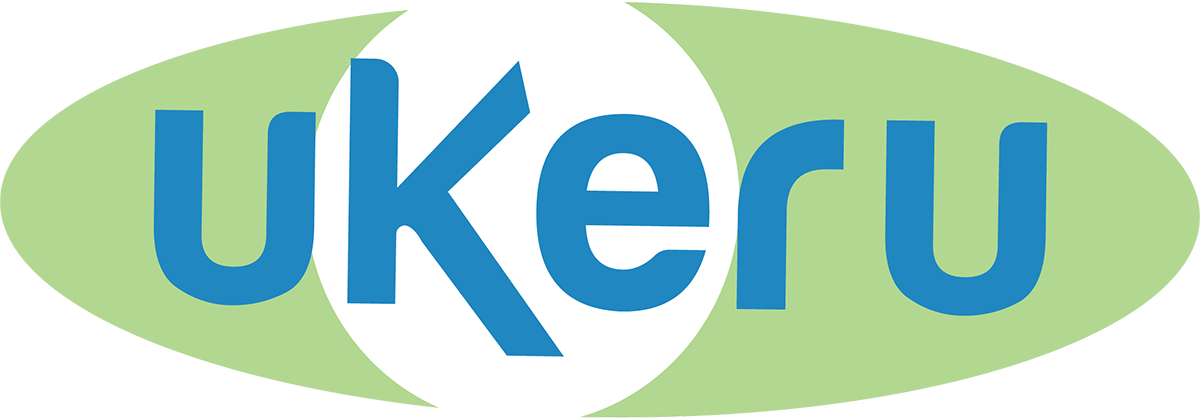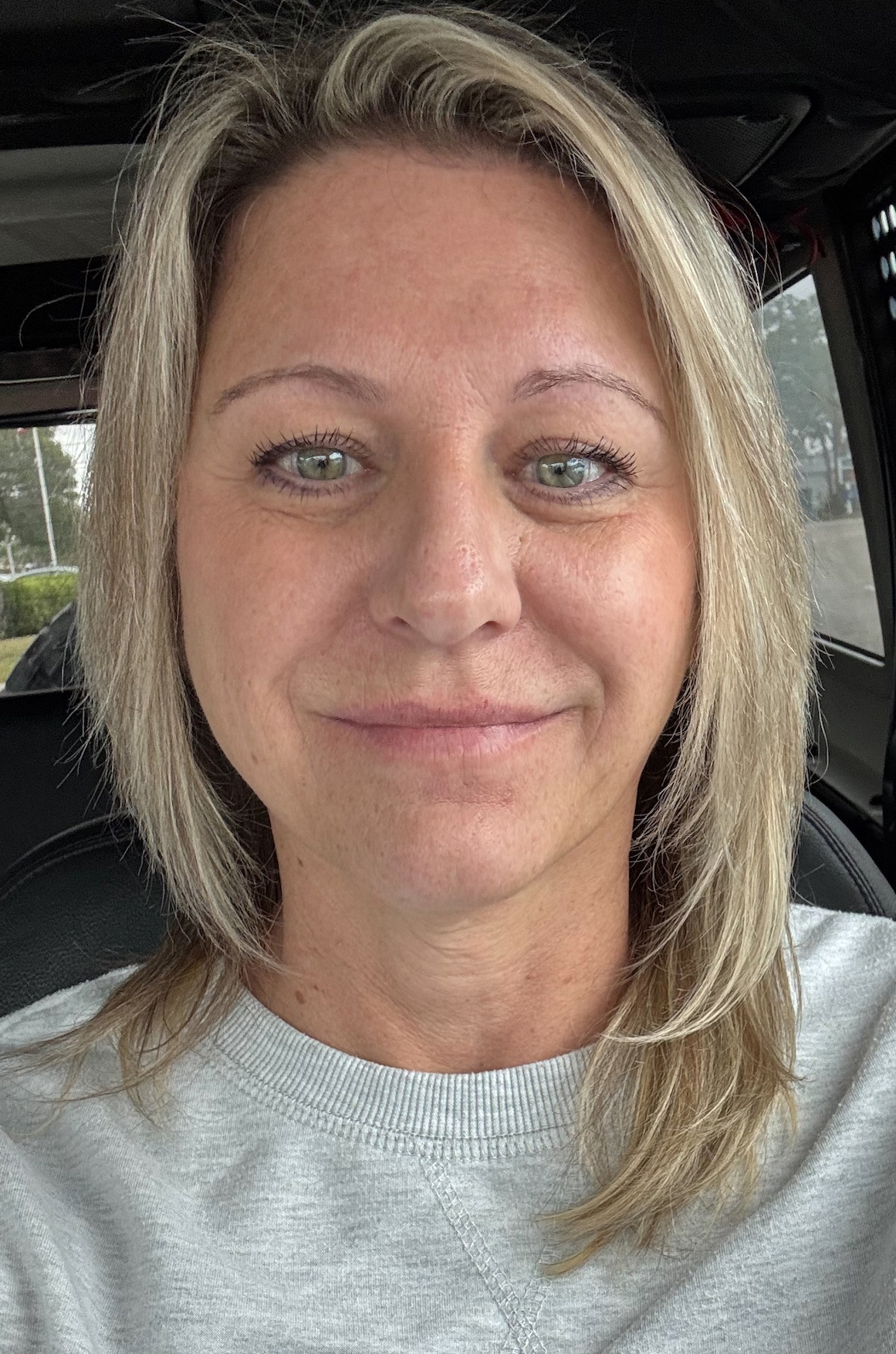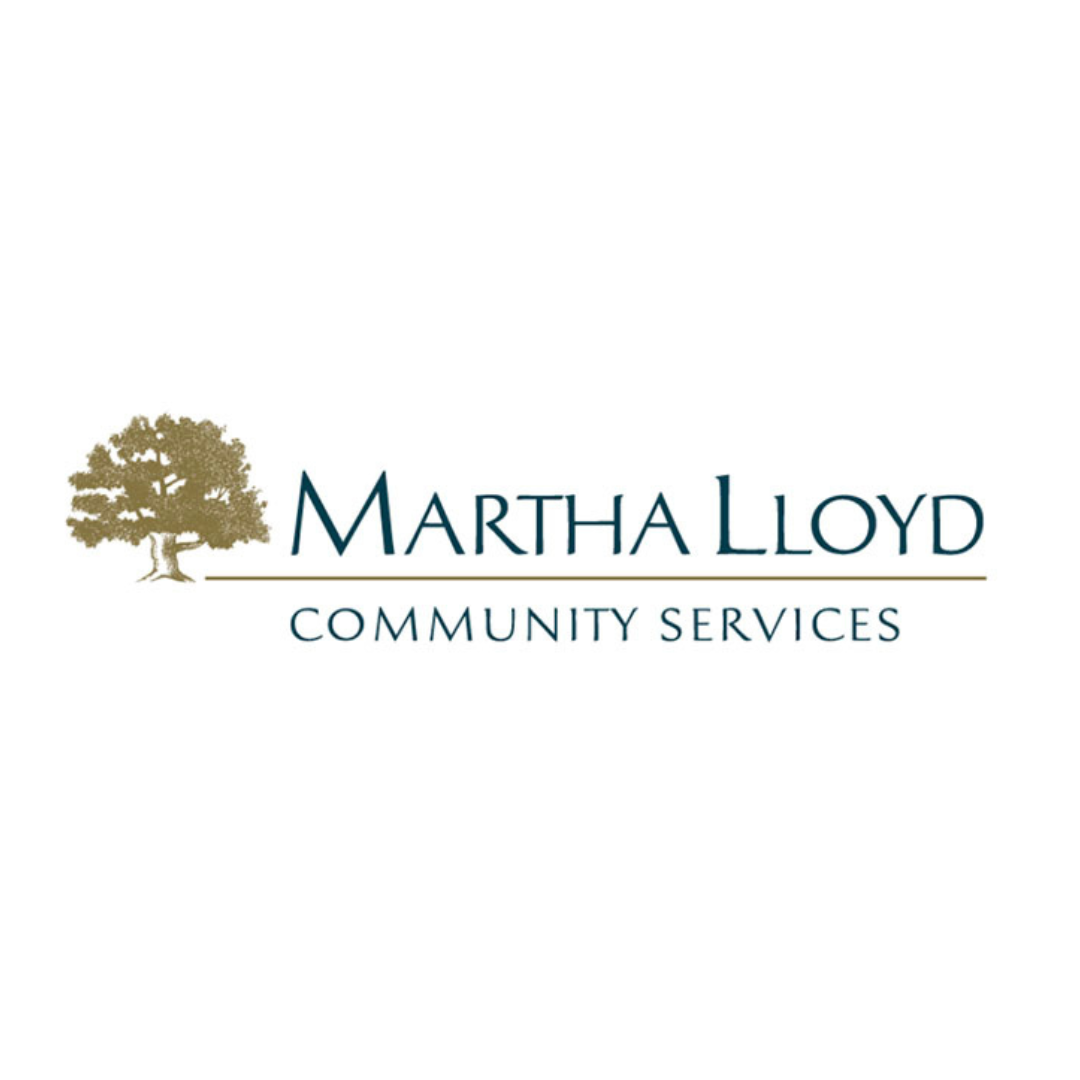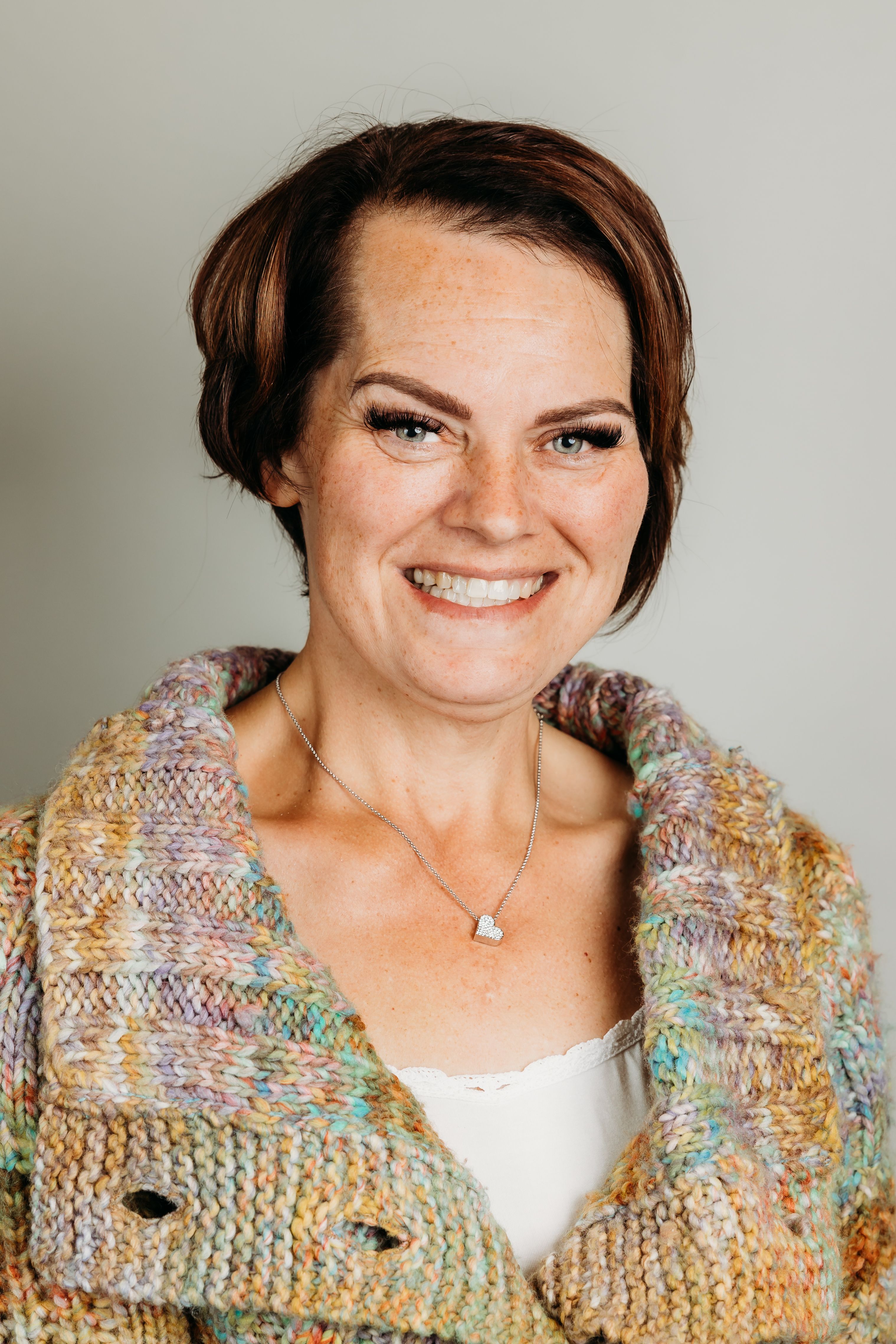
Allyson Davis, Executive Director of the Winchester Region, has been a member of the Grafton family since February 2006. Since joining Grafton, she has seen a lot of changes. Most notably, Allyson was there when Ukeru was developed in response to a challenge to dramatically decrease Grafton’s number of restraint and seclusion incident rates.
According to Allyson, the creation of Ukeru began to take shape when the development team began debriefing after an incident to look at what had happened leading up to that restraint. Gradually these learnings and observations led to Ukeru.
“It wasn’t immediately accepted by everyone at Grafton,” said Allyson. “We had nay-sayers who felt more comfortable with the ability to control. But after a while of integrating Ukeru, we saw the culture shifting and changing. Even the nay-sayer who resisted the change became Ukeru’s greatest champions.”
Allyson’s relationship with Ukeru recently came full circle. As a member of the Grafton leadership team, Allyson made an effort to shadow a number of other Grafton employees to better understand their roles and contribution to the Grafton team. Allyson recently joined Ukeru President Kim Sanders and Training and Performance Architect Christopher Feltner for a training in Costa Mesa, California. While Ukeru was invented at Grafton, it is also nice for Grafton leaders to see firsthand how it is being used around the country.
She was immediately struck by the positive responses and opinions she encountered.
“The stories I heard were so familiar and reminded me of how Grafton reacted to the implementation of Ukeru in the beginning,” Allyson commented. “Many of the staff in California were getting recertified and told me how they had been nay-sayers when they first heard of Ukeru. But now these nay-sayers who pined that ‘this will never work’ were shouting the praises of Ukeru from the rooftops.”
As a member of the Grafton team, Allyson is trained in Ukeru as a user. However, until this experience, she had never been exposed to the full training that Ukeru trainers receive versus the general user training.
“An Ukeru trainer really becomes the cheerleader for the whole team,” said Allyson. “It was a unique experience to see their training because it made me realize how important it is to always have a trainer at every site. They can truly give you such great insight into how to best support the people in your care.”
Allyson returned from her trip with Kim and Christopher reinvigorated. It reminded her of an experience that happened many years ago. Her best friend’s child had a physical disability. The city was building a new playground in their area and her friend began campaigning that the playground be accessible to those with disabilities. At the time, one of the elementary schools was building a new playground and was not considering the needs of enrolled students with physical challenges and dismissed parental concerns stating, “it wasn’t their problem if kids couldn’t access it.”
“That has always stayed with me,” Allyson said. “Seeing how people can so easily dehumanize others was a wake-up call. I knew I wanted to handle things differently. That’s why I love my job. Parents already have so much on them. I know that at Grafton, thanks to the integration of Ukeru, parents can lay down their heads at night knowing that one thing they don’t have to worry about is hands being laid on their children.”
The trip with Kim and Christopher helped Allyson reflect on how much Ukeru has grown. It was overwhelming to know that this training program that was created in a small town in Virginia is now being shared all over the country and helping other organizations achieve the same success.
“I have a huge sense of pride for what we accomplished at Grafton,” said Allyson. “It’s truly humbling to know that through a massive effort of some wonderful people, we were able to change the face of the world for people with disabilities so that their lives can be more full and happy.”




